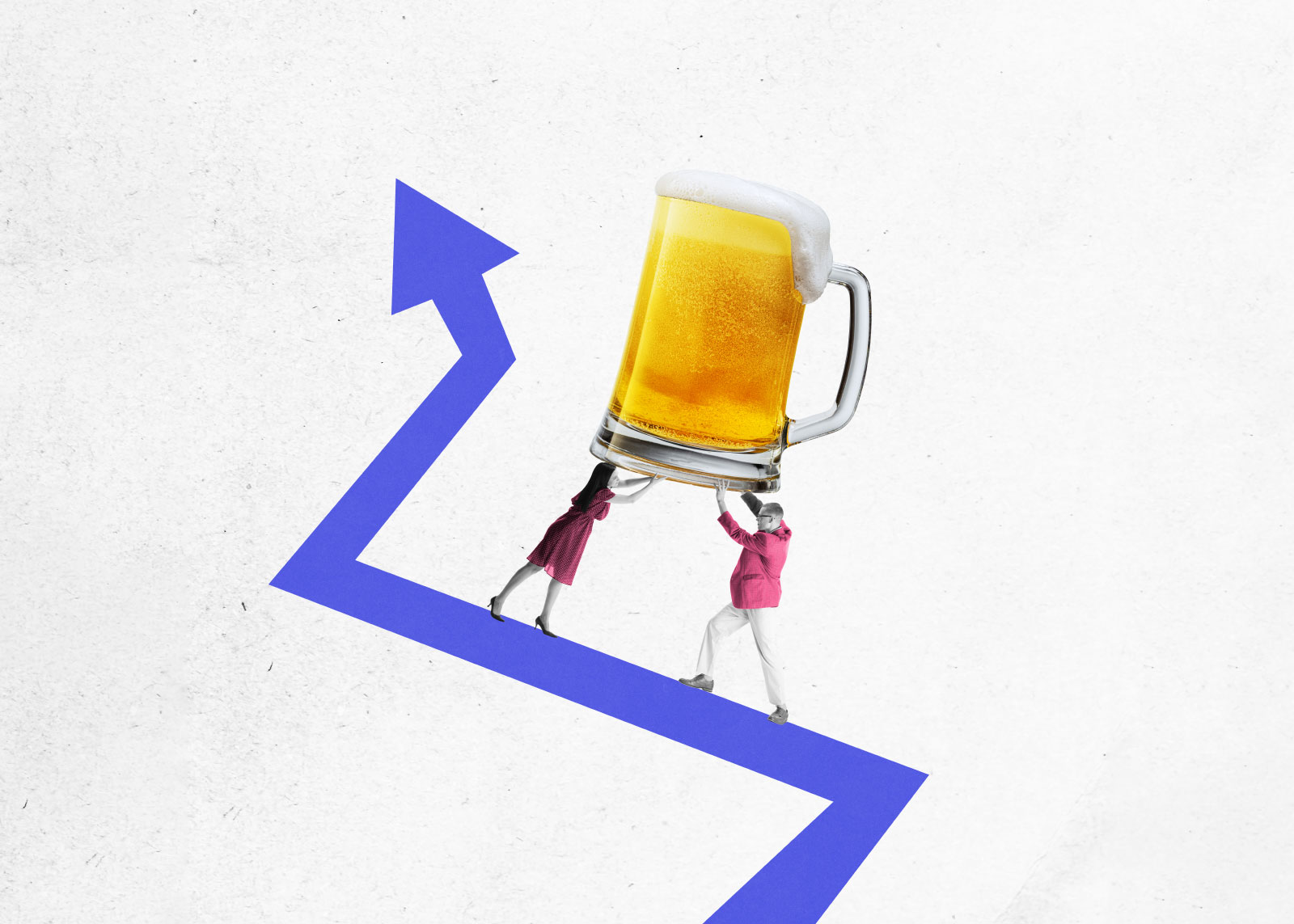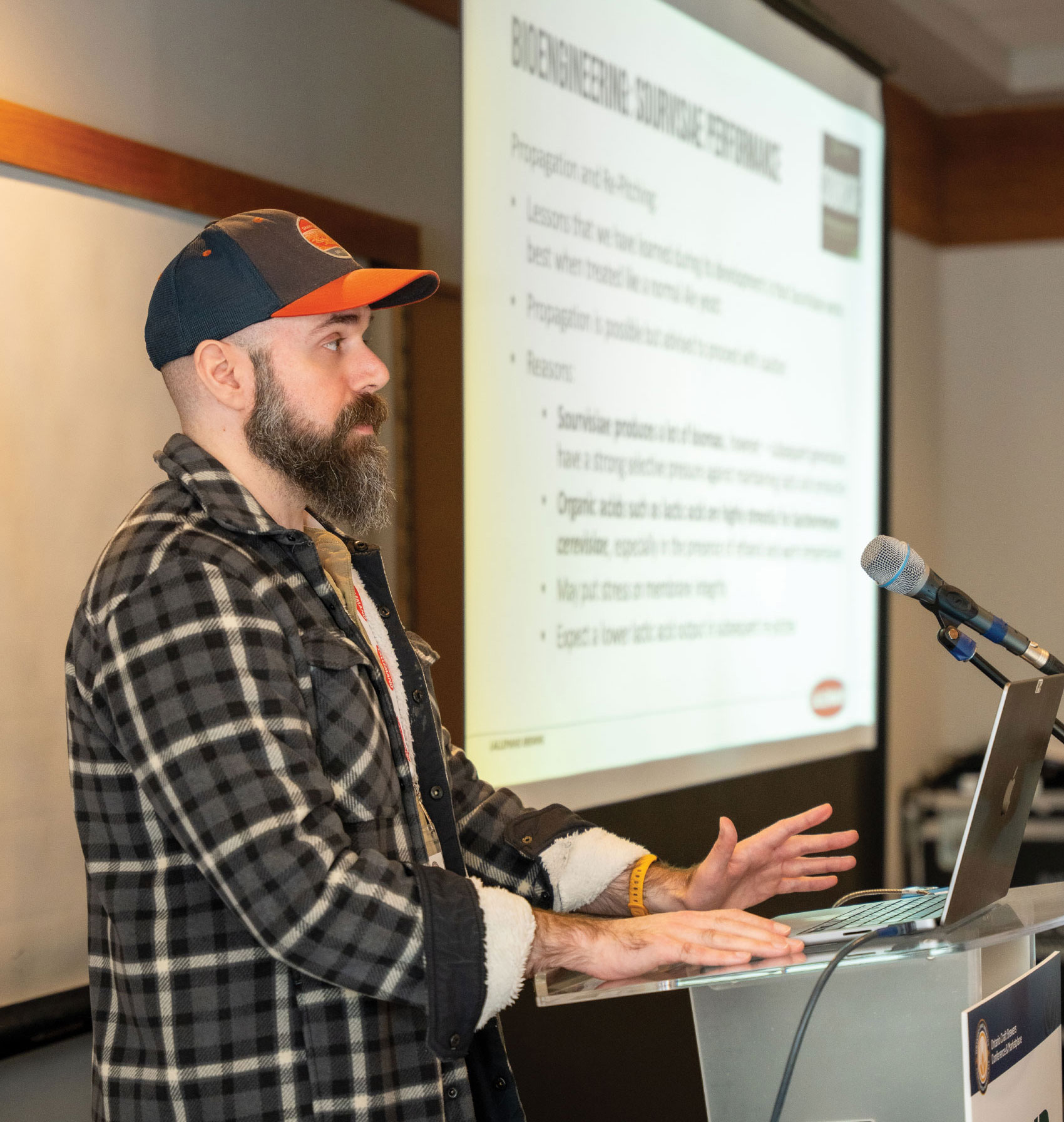Beer Canada announced it is disappointed that the new federal budget missed the opportunity to end the automatic annual escalator tax on beer. This change would have helped keep prices affordable for consumers while supporting jobs across Canada’s beer value chain, from farms to breweries to hospitality.
Introduced under former prime minister Justin Trudeau in 2017, the escalator was designed to automatically raise federal beer taxes each year in line with the previous year’s inflation. Since its inception, federal beer taxes have risen by more than 18 per cent. With nearly 46 per cent of the retail price of beer going to taxes, Canada now has the highest beer tax burden among G7 countries.
While Beer Canada says it appreciates the excise duty relief measures included in the 2023 and 2024 federal budgets, the reality is that since then, Canada’s brewing environment and beer market have weakened. Tariffs have pushed production costs and retail prices higher, while consumers’ disposable income continues to erode. As a result, both retail and licensee beer sales volumes have fallen sharply in the first nine months of 2025 compared to the same period last year.
By maintaining the Trudeau-era beer tax framework, the current Liberal government is effectively contributing to higher costs for consumers and challenges for small businesses that rely on beer sales for revenue.
“Affordability starts with ending automatic tax hikes on beer,” said Richard Alexander, president of Beer Canada. “Canadians already shoulder the highest beer taxes in the G7. The federal beer tax escalator keeps prices climbing and strains consumers, brewers and the hospitality sector at a time when affordability is a major concern.”
Beer Canada says it will continue working with the federal government to establish a predictable and competitive tax framework that supports investment, protects jobs and keeps beer affordable for Canadians, including a permanent repeal of automatic inflation-based increases to federal beer excise duties.




